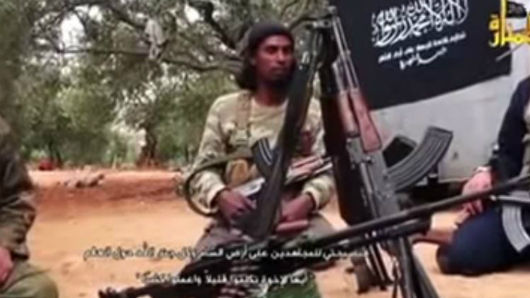Government unveils ‘zero tolerance’ counter-terrorism policy
The government has promised “swift measures” against Maldivians involved with terrorist organisations in a new state policy on combating terrorism and violent extremism. A seven-page policy paper made public on Thursday broadly outlined plans to improve security and conduct de-radicalisation and rehabilitation programmes.

17 Jun 2016, 09:00
The government unveiled Thursday a first state policy on combating terrorism and violent extremism, promising “swift measures” against Maldivians involved with terrorist organisations.
The seven-page policy paper broadly outlined plans to take “a central and active role” internationally, strengthen national security, and conduct de-radicalisation and rehabilitation programmes.
According to the paper, the government is in the process of formulating a national counter-terrorism strategy, developing a legislative framework on national security, and conducting programmes to safeguard the tourism industry and critical infrastructure.
Measures are also being taken to “understand and address social issues stemming from terrorism and violent extremism” and to “prevent conceivable threats to national security from foreign nationals entering the Maldives.”
Become a member
Get full access to our archive and personalise your experience.
Already a member?
Discussion
No comments yet. Be the first to share your thoughts!
No comments yet. Be the first to join the conversation!
Join the Conversation
Sign in to share your thoughts under an alias and take part in the discussion. Independent journalism thrives on open, respectful debate — your voice matters.




